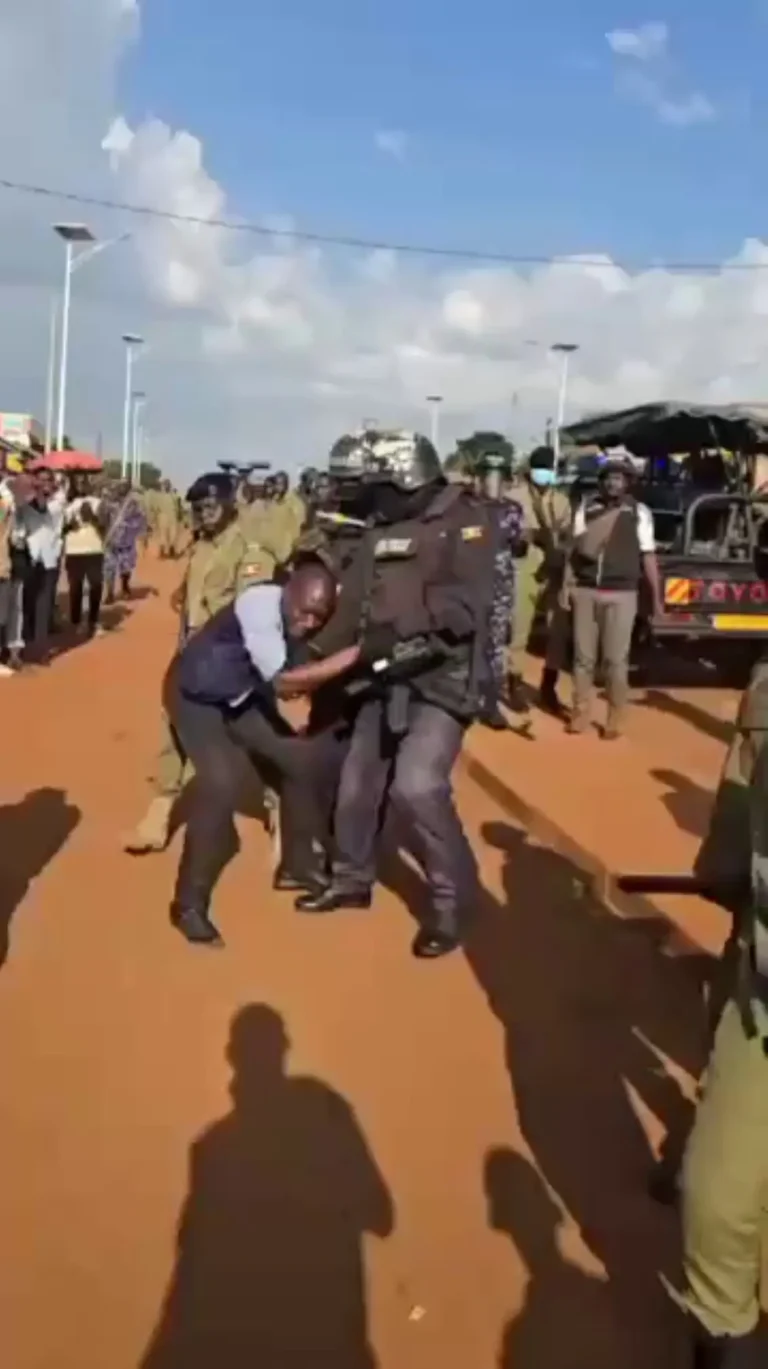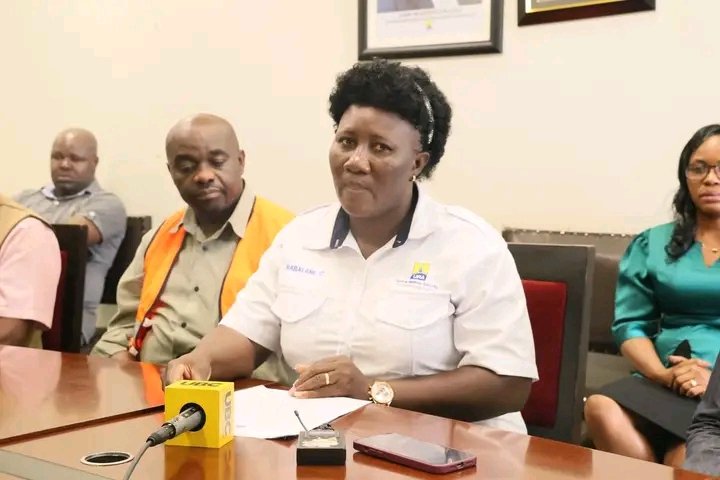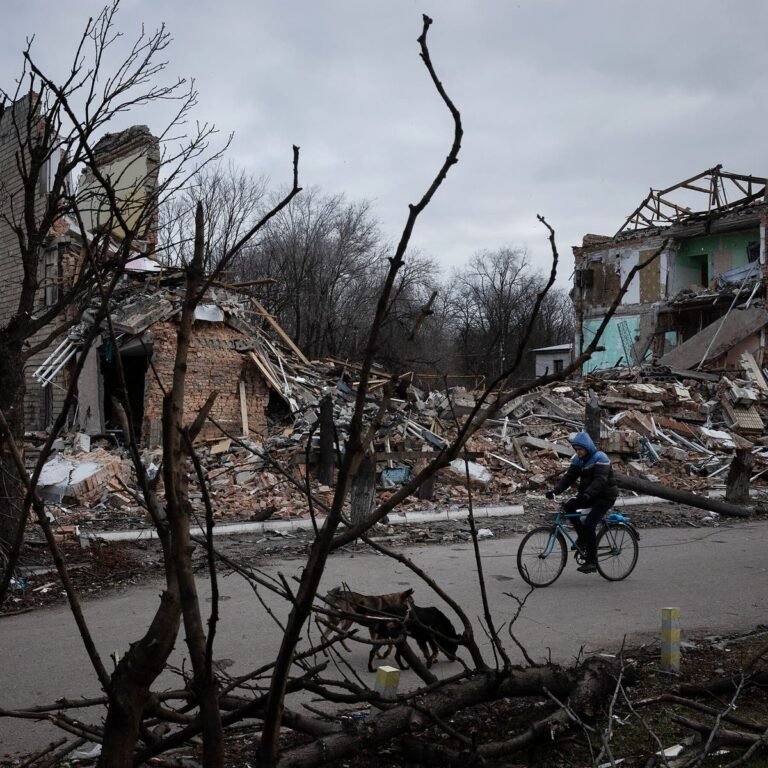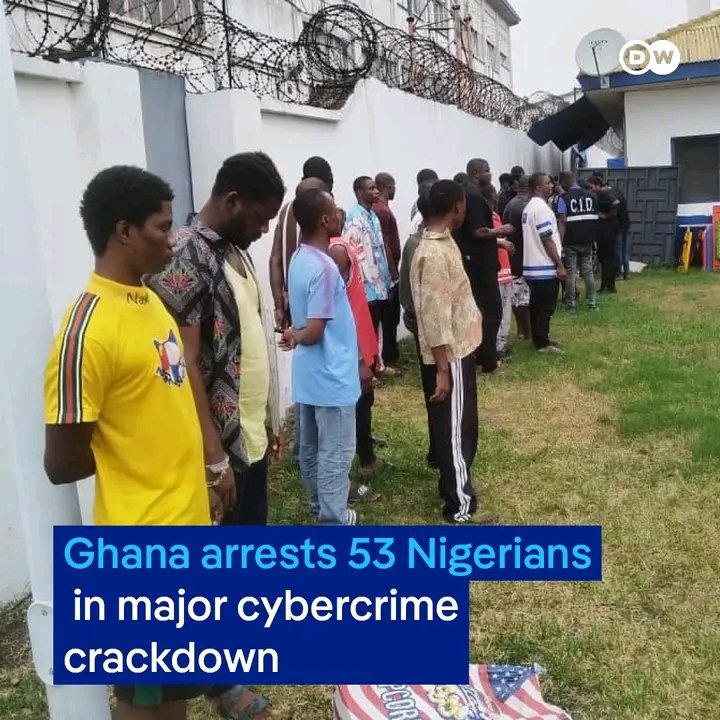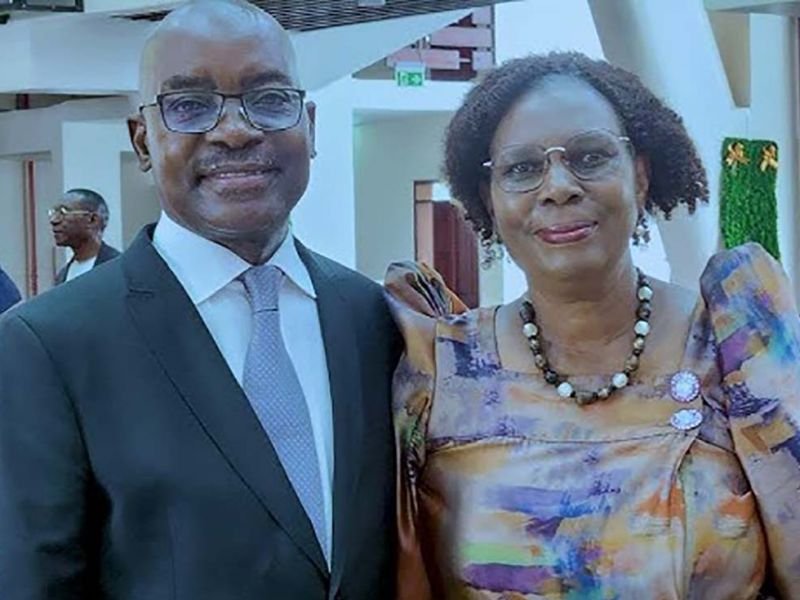
Entebbe, UGANDA – In a dramatic stand against Uganda’s law enforcement system, the bodies of brutally murdered couple David and Deborah Mutaaga remain unburied weeks after their killings, as their children vow not to lay them to rest until suspects are arrested. The unprecedented decision has ignited national debate and exposed raw tensions over justice delivery in Uganda.
A Family’s Defiant Stand
According to verified reports from New Vision, police completed postmortem examinations and formally released the bodies to the Mutaaga family for burial. However, during an emotionally charged Zoom meeting, the couple’s children—Mark and Isabel Mutaaga—vetoed all burial arrangements. They declared they would not return to Uganda or proceed with interment until police apprehend those responsible for their parents’ murders. This stance has effectively suspended funeral rites indefinitely .
The Horrific Crime
David Mutaaga (69) and Deborah Mutaaga (63) were attacked in their Lugonjo-Nakiwogo home on July 6, just hours after hosting a celebration for their return to Uganda after 30 years in Switzerland. A masked assailant scaled their perimeter wall, stabbed David near the heart, forced him to open their security gate, and executed him. The killer then broke into Deborah’s locked room, murdered her, and left her body in a degrading position. CCTV footage captured the violence, with the killer stating, “I have come to kill you.” No valuables were stolen, confirming the attack was premeditated homicide .
Stalled Investigation Fuels Family Distrust
Despite police announcing a Shs 50 million reward and releasing a 40-second audio clip of the killer’s voice, no prime suspect has been identified or charged. Two household staff—Angela Nakalema and David Golooba—were arrested but later released on bond. They had left the property just 15 minutes before the attack and received desperate calls from Deborah during the assault .
Investigators currently pursue two theories:
- Property Feud: Evidence suggests David inherited family land but excluded siblings, creating decades-long resentment. His return may have triggered revenge .
- False Motive: The killer’s statements about inheritance could be deliberate misdirection to obscure the true conspiracy .
National Reaction: Solidarity and Skepticism
Public response to the family’s decision has polarized communities:
| Perspective | Representative Comments | Source |
|---|---|---|
| Supporters | “I understand their pain… you can’t get justice without answers.” (Elly Bangaya) | |
| Traditionalists | “After postmortems, bodies deserve to be laid to rest. What if this takes years?” (Lilie Dollz) | |
| Cynics | “In today’s Uganda full of corruption, the killer might never be arrested.” (Sarale Jj) |
Uganda Police Force spokesperson Kituuma Rusoke maintains that progress is being made, appealing for public help in identifying the killer’s voice and accent—notably non-Bugandan and potentially from a school-age male familiar with the family .
Deeper Implications
The Mutaaga case illuminates critical fault lines in Uganda:
- Justice vs. Tradition: The children’s refusal to bury their parents pits cultural norms against demands for accountability.
- Institutional Distrust: Online commentators have urged hiring private investigators, citing distrust in police competence .
- Expatriate Safety: The tragedy may deter Ugandans abroad from returning, fearing unresolved vendettas.
As forensic experts re-examine the audio and property records, the Mutaaga siblings remain abroad, resolute in their stance. Their parents’ bodies lie preserved in a morgue—a silent testament to a family’s demand for justice in a nation where many fear it may never come.



